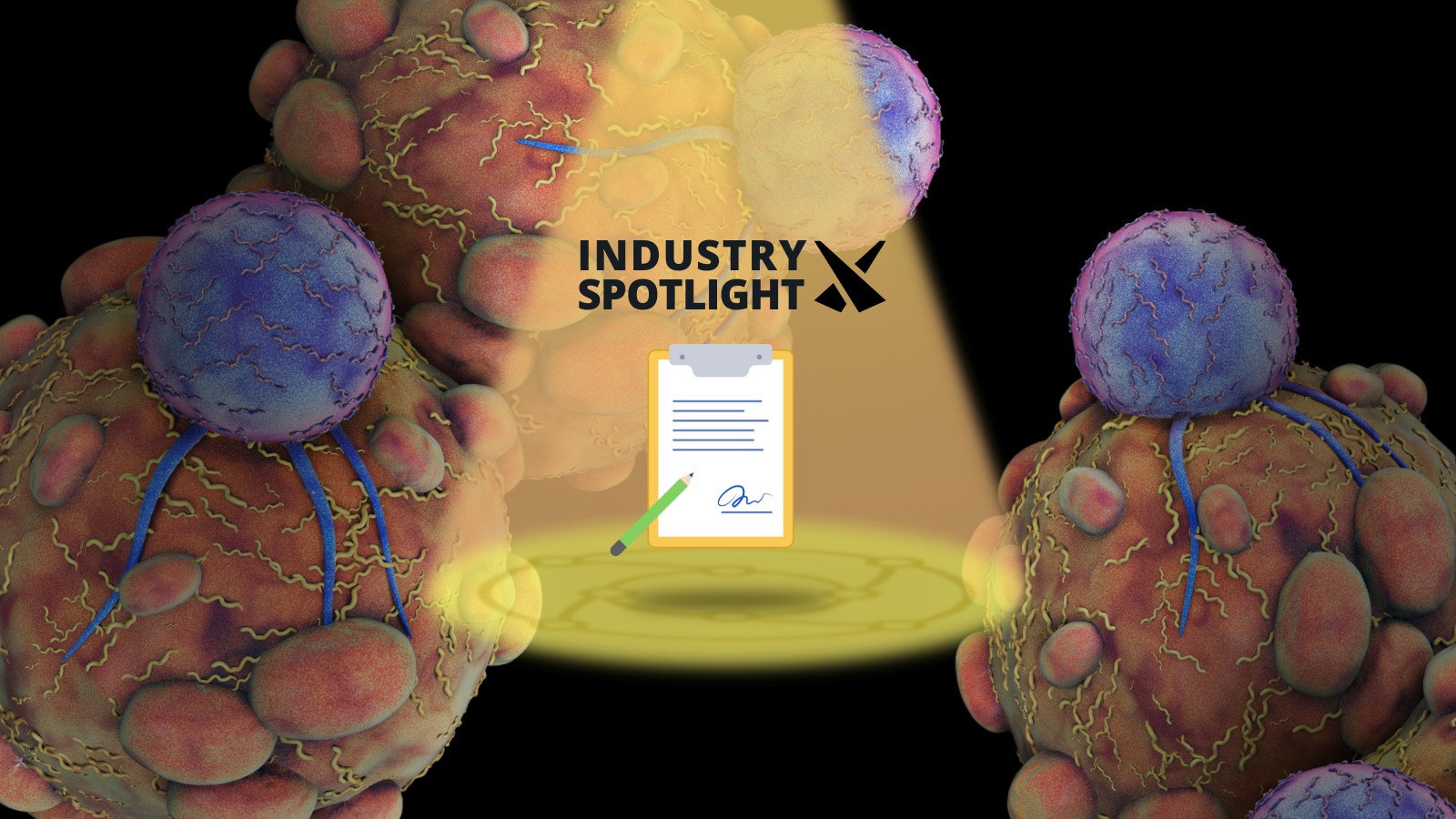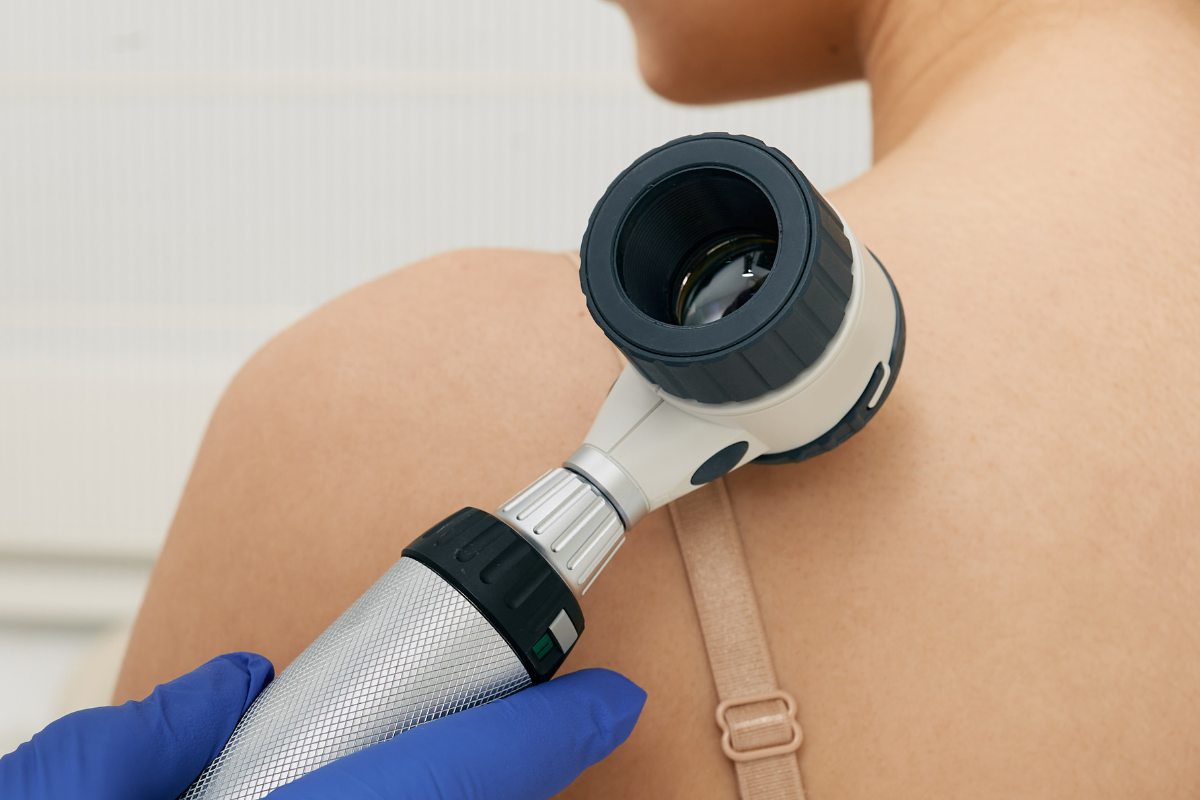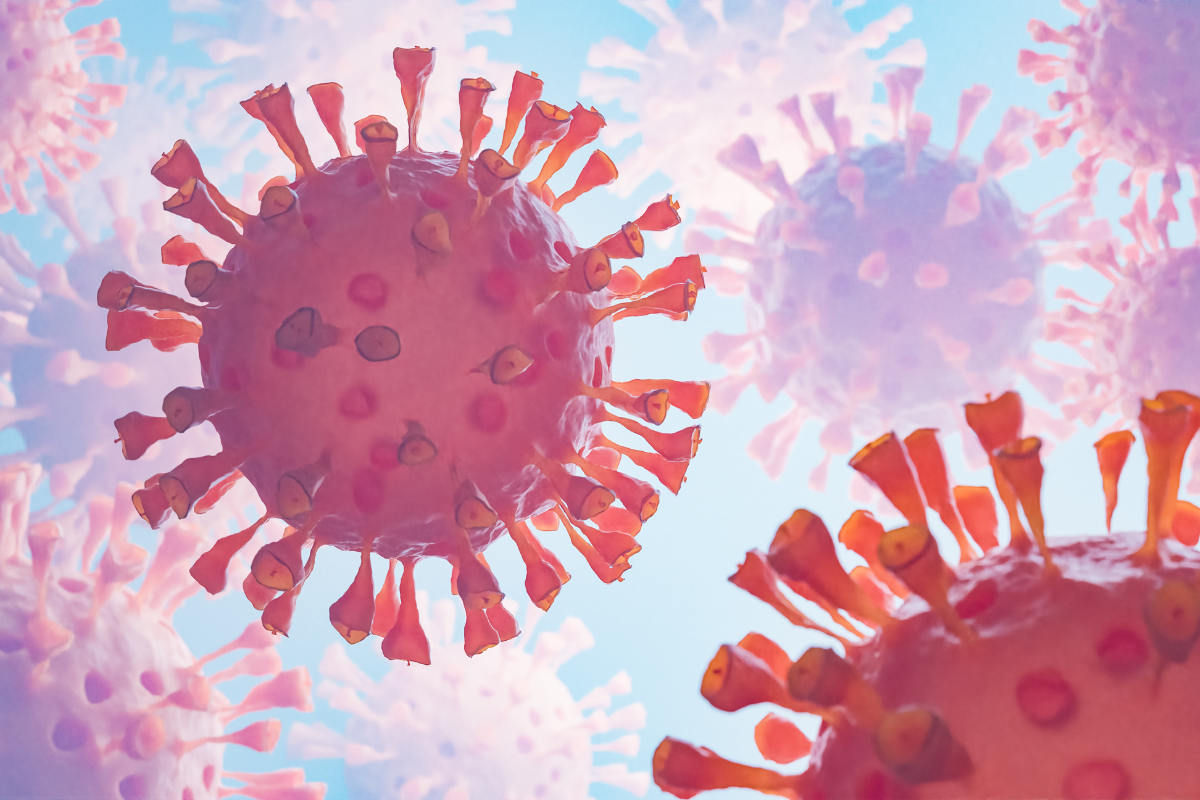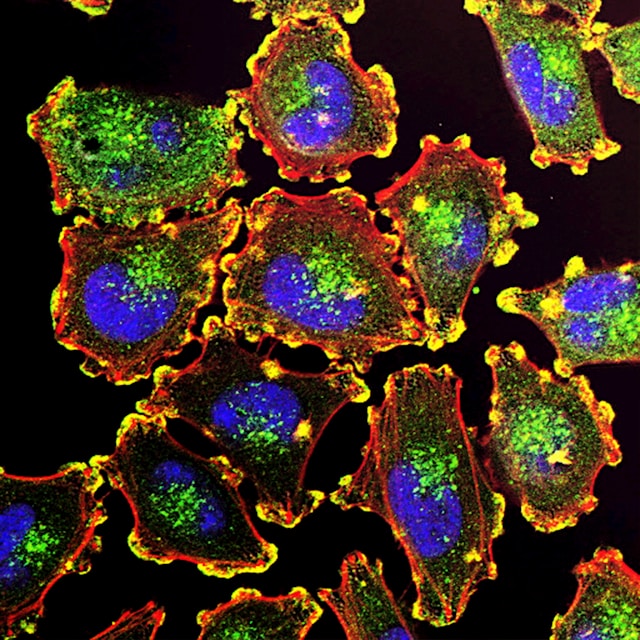UPenn Medicine Presents Promising Phase I CAR T Trial with Novel Binding Mechanism

The University of Pennsylvania has released early results from a Phase I clinical trial of CAR T cell therapy AT101, which uses a novel binding mechanism to its target CD19.
Results published in the journal Molecular Cancer show a 100% complete response (CR) rate for patients taking the middle and highest dose levels of the cell therapy in patients with relapsed or refractory B cell non-Hodgkin’s lymphoma (NHL).
RELATED:
- Therapy In the Spotlight: CAR T Cell Therapy—Significant Approvals and Regulatory Concerns
- Immuno Oncology Investigations: The NKG2D Pathway, Diagnostic Biomarker, and Allogenic CAR Ts
- AAV Gene Therapy and CAR T Therapies: Immunogenicity and Immunoassay Development
The paper’s lead author was Marco Ruella, Assistant Professor of Medicine at UPenn, and Scientific Director of the Lymphoma Program. He and his team at Penn Medicine conducted the trial with additional support from Korean company AbClon who co-developed the CAR T product.
CAR T has shown to be an effective treatment for blood cancers. This trial represents a potential breakthrough in helping treat patients for which either CAR T hasn’t worked or who have had their cancer return after remission.
Novel Binding Mechanism
All the currently approved CAR T therapies target the antigen CD19 via the membrane-distal epitope FMC63. AT101’s distinct binding mechanism still targets CD19, but through a different epitope which is closer to the cancer cell membrane – a ‘membrane-proximal epitope’.
The UPenn team developed their CD19-targeting CAR T (CART19) therapy using the humanised chicken antibody h1218, targeting this membrane-proximal epitope.
“We’ve learned that the way you design your CAR really matters. Designing a different CAR might drastically change the way the T cells work, potentially allowing that CAR T cell product to work where other CAR T cell products have failed,” said Ruella.
Study Design and Results
12 patients were enrolled in the trial in South Korea, all with relapsed or refractory B cell non-Hodgkin’s lymphoma in a 3+3 trial design. The dose-escalation trial tested three dose levels of AT101.
The study confirmed both the safety and efficacy of AT101 and found that the novel binding mechanism was able to induce faster on/off rates compared to CART19 therapies that use FMC63.
After scaling up the dose in six patients, and a median follow up after 6.5 months, results showed complete response in all six patients who received dose level two or higher, without relapse.
According to the Molecular Cancer paper, “the overall response rate was 91.7%, with a complete response rate of 75.0%, which improved to 100% in DL-2 and -3. AT101 expansion correlates with CR and B-cell aplasia.”
Ruella commented on these results: “We were not expecting such a drastic early difference in this study. The CART19 products that are already FDA-approved are very effective, and it’s not easy to do better. While there is not a randomized trial of this product yet, the initial results seem very promising, and we look forward to moving into the planned Phase II portion of the study.”
Want to see more about new advances in immuno-oncology and ongoing immune therapies? Join Oxford Global's Immuno conference: A two-day event packed with leading speakers, research and cutting-edge presentations on the latest advancements in the discovery & development of cancer immunotherapies.







